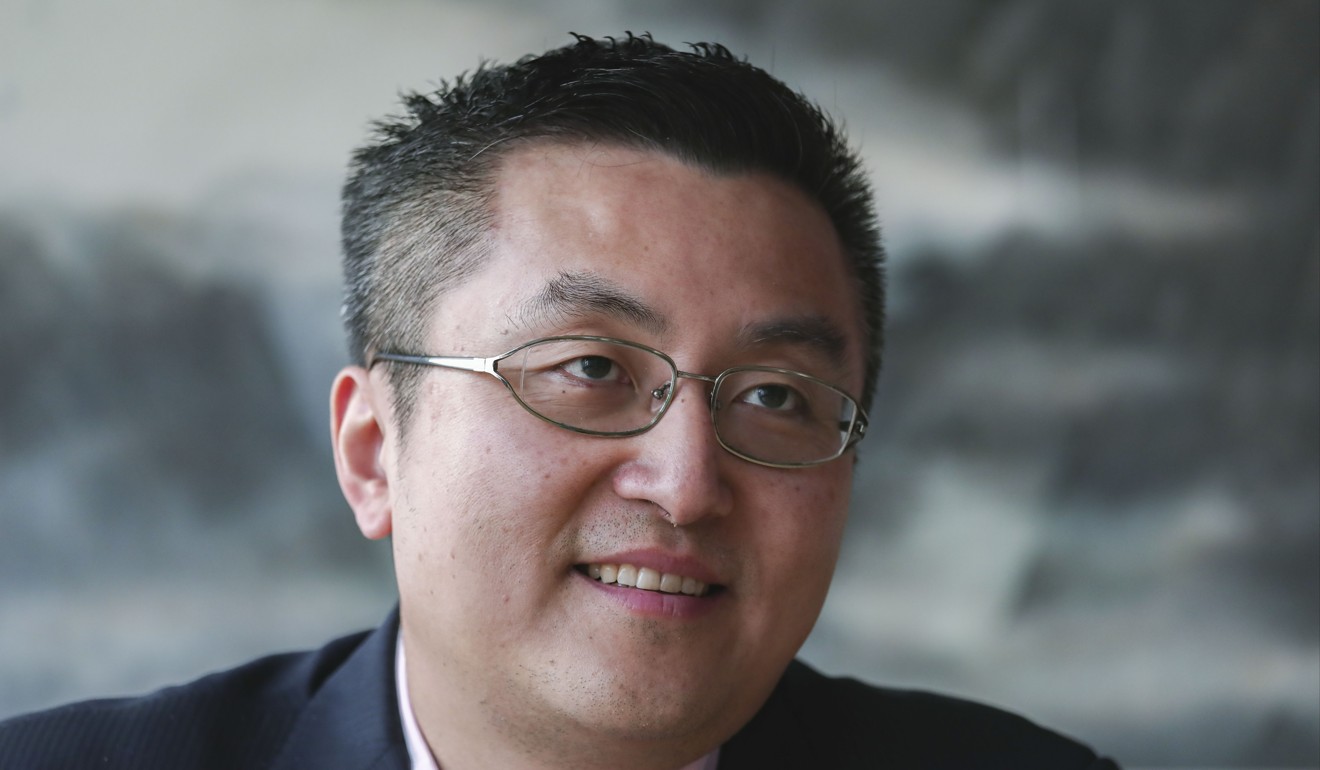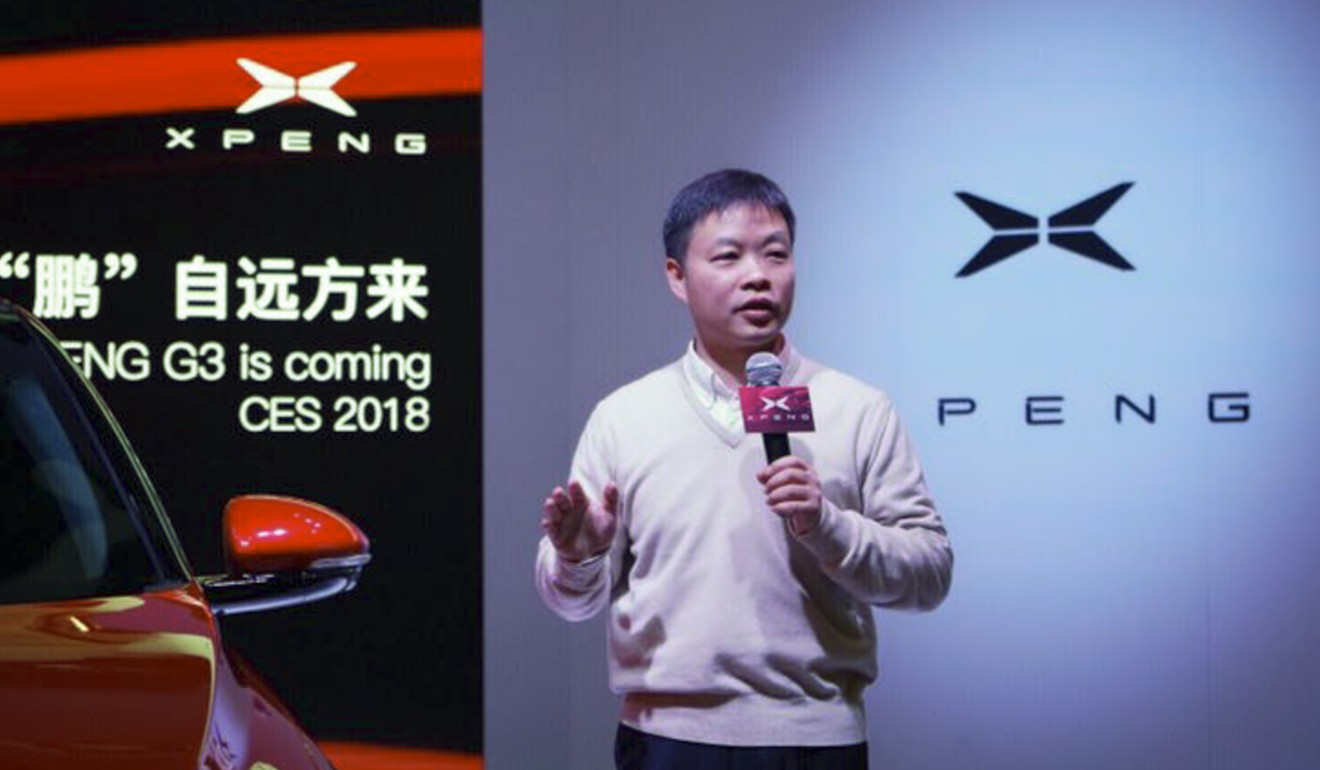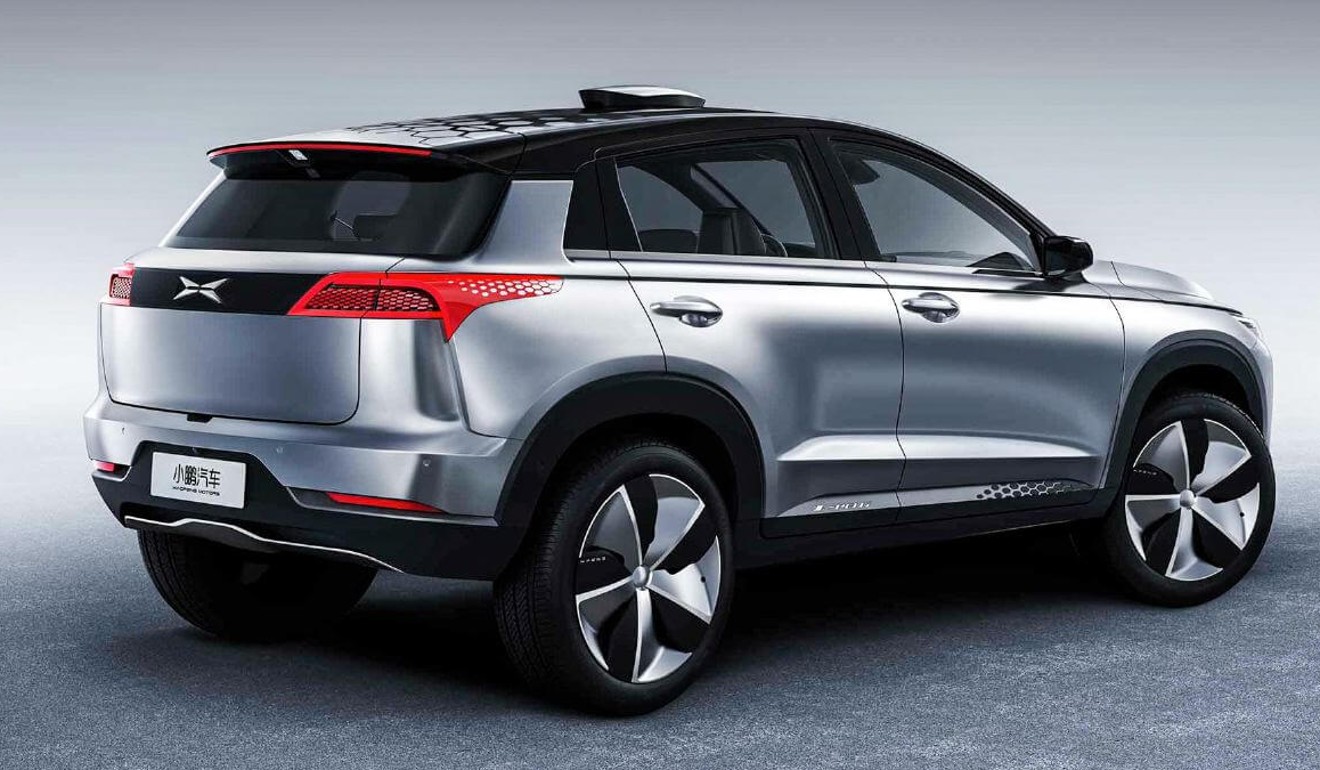
Exclusive | Prospect of beating Tesla in China lures top investment banker to leave his job for start-up
Brian Gu only met the co-founder of electric car firm Xiaopeng less than three years ago. But now he’s spearheading its hopes of challenging the global market leader
In early September 2015, a group of mainland China entrepreneurs and venture capitalists found themselves gathered on a ship headed for an expedition in Iceland.
Among them were Brian Gu, chairman of Asia-Pacific investment banking at JP Morgan Chase, and He Xiaopeng, the chairman of the fledgling internet-based electric car start-up, Xiaopeng Motors.
It was the first time they had met – but turn the clock forward less that three years to the present day, and the two have now joined forces, in an ambitious plan to transform He’s start-up, into a leading global player.
They even hope it will be capable of challenging the mighty Tesla, in what has now become the already massive, but ever-expanding, multibillion dollar electric vehicle (EV) sector, which is set to change the face of the car industry forever.
Xiaopeng Motors only sprang the surprise that Gu – considered one of Asia’s most senior bankers – was joining the firm as its vice-chairman and president, just over a month ago,
Also known as Xpeng Motors, the company was co-founded by He and his partner Henry Xia, in mid-2014. It was then just one of several dozen Chinese electric car start-ups to have emerged after Beijing launched preferential policies to encourage cleaner electric vehicles.
It had financial backing from Alibaba Group, and others including GGV Capital, Morningside Venture Capital and IDG.
Alibaba owns South China Morning Post.

Gu’s coming on board, after a successful 14-year career with the Wall Street investment giant, certainly raised more than a few eyebrows.
But as he puts it, for him the decision was a no-brainer.
“After becoming the chairman of the Asia-Pacific investment banking business, I felt I still had plenty of energy and drive to pursue the next big thing,” Gu told the Post on March 26 – his first official day with Xpeng.
“A lot of my friends asked me why I decided to jump, and into an electric-car start-up. The natural move would have been to launch a private equity fund. Or, with my background, I should have joined a biotech company,” added Gu, who holds a PhD in biochemistry.
A lot of my friends asked me why I decided to jump, and into an electric-car start-up. The natural move would have been to launch a private equity fund. Or, with my background, I should have joined a biotech company
He visited the company’s headquarters in Guangzhou to meet the Xpeng team for the first time, on his 45th birthday, and that convinced him to join a couple months later.
“The automotive industry’s move to electric vehicles and autonomous driving presents the most expansive growth story in the next decade,” he says.
As car owners and manufacturers across the globe grapple with the painful realisation that within a few short years conventional cars could now rapidly accelerate out of fashion, it was a potential market that Gu says he just could not resist.
“It reminds me of what happened in 2007 when Apple’s iPhone first came to the market, and how smartphones then started replacing traditional phones.
“In future, cars will look very different, too. They will not be just transport tools but will become connected personal devices, as well as an extension of your home, office and entertainment hub.”
China has been the world’s largest new-energy car market since 2015, with at least 1.7 million of the vehicles on its roads at the end of last year.
But 2018 looks set to be a landmark year, with a fleet of domestic EV start-ups – including NIO, Xpeng and Weltmeister – expected to actually see their first, exciting new products rolling off the production lines.

Nearly 75,000 new-energy passenger cars were sold in the first two months of this year, a 200 per cent rush in numbers over the same period last year, according to the latest stats from the China Association of Automobile Manufacturers.
And already some of the world’s top brands are also turning their guns towards a market where EV sales are expected to mushroom.
Business consultancy KPMG surveyed 3,000 respondents from the global vehicle and technology industry at the turn of the year – 900 of whom were senior executives – and found a fifth of the senior executives considered China their No 1 target country in which to launch new cars including electric-powered products and related services. The consultancy’s previous survey last year had registered a corresponding 15 per cent reading.
One of Gu’s two pressing need, he adds, is to create the organisational structure as the company expands

His other priority is fundraising.
“Of course we will need financing. Over the next few years, we will be raising a lot of capital.”
During his 14 years at JPMorgan, Gu unsurprisingly led numerous and sizeable fundraisings for some of Chinese tech giants, including Alibaba’s world record-setting US$25 billion flotation in New York, in 2014.
He was also lead manager on Chinese online travel company Ctrip’s raising of close to US$3 billion, through a series of convertible bonds issued between 2013-16.
Future plans will see the company launch the first batch of electric vehicles by the end of this year, staff numbers grow from 1,200 to 3,000, with expansions in all areas, from marketing to after-sales servicing.
“We expect those first cars to cost between 200,000 and 300,000 yuan (US$31,740-US$47,600) and they will have autonomous driving and smart features,” he adds.

China’s generous electric vehicle incentives, of course, have been core in creating the world’s largest EV industry.
Since 2009, policies have included subsidies for buyers in certain locations, as well as strong pressure on local governments to buy electric vehicles for their own use.
In 2016, the Ministry of Industry and Information Technology called for “partially autonomous” vehicles to account for half of all car sales by 2020, and “highly autonomous” vehicles to account for 15 per cent by 2025.
After meeting He Xiaopeng nearly three years ago, Gu says he has kept a very close eye on the Xiaopeng Motors’ development, and on the prospects for the industry as a whole.
“We share the same values. We both believe in dedication, transparency and communication,” he adds.
“As a team, I think we can build the business into a world leader.”

